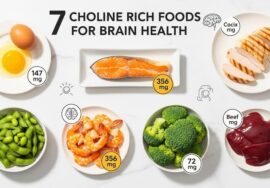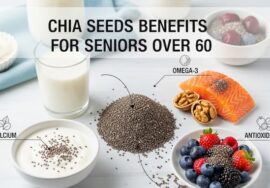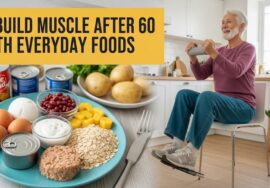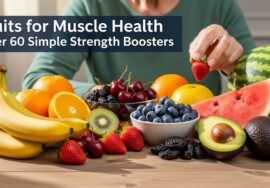Managing high blood pressure doesn’t always require major overhauls. Sometimes, small changes—like what you drink—can make a real impact. Several natural beverages support healthier blood flow and vascular function. These drinks are backed by research, yet they’re rarely discussed in the mainstream.
Below is a list of simple, effective drinks that help regulate blood pressure. Each one includes ingredients that promote cardiovascular support and work naturally with your body.
Table of Contents
- Hibiscus Tea
- Beet Juice
- Celery Juice
- Cucumber-Infused Water
- Pomegranate Juice
- Golden Milk (Turmeric Drink)
- Coconut Water
- Daily Timing Suggestion
- Common Questions (U.S. Reader Focus)
- Final Note
1. Hibiscus Tea
Hibiscus tea contains compounds that help relax the blood vessels. This floral tea has a slightly tart flavor and is rich in antioxidants that support healthy arterial function.
2. Beet Juice
Beets are high in dietary nitrates, which your body converts into nitric oxide—a compound that improves blood vessel dilation. This helps reduce pressure on artery walls.
3. Celery Juice
Celery contains phthalides, a group of natural chemicals that encourage smooth muscle relaxation in arteries. The juice is hydrating and works as a mild blood pressure balancer.
4. Cucumber-Infused Water
Cucumber is rich in potassium and supports healthy sodium balance. When added to water, it offers a refreshing way to boost hydration and help regulate pressure.
5. Pomegranate Juice
Pomegranates provide polyphenols that improve circulation and reduce inflammation in arterial walls. A small glass of unsweetened pomegranate juice may support heart rhythm and vascular tone.
6. Golden Milk (Turmeric Drink)
Turmeric contains curcumin, a compound known for reducing inflammation. When combined with black pepper and a plant-based milk, it helps promote endothelial function and supports lower blood pressure.
7. Coconut Water
Coconut water naturally contains potassium and magnesium—two electrolytes essential for heart rhythm and pressure control. It supports fluid balance and may assist in reducing sodium effects.
Daily Timing Suggestion
| Time | Recommended Drink |
|---|---|
| Morning | Celery Juice or Beet Juice |
| Afternoon | Cucumber Water or Hibiscus Tea |
| Evening | Golden Milk or Coconut Water |
Common Questions (U.S. Reader Focus)
1. Can I drink all of these daily?
Yes, but it’s best to rotate them. Prioritize hydration and avoid excess sugar or sodium in any beverage.
2. How long until results show?
Mild reductions may occur within a few weeks if drinks are consumed consistently. Diet and exercise also play a role.
3. Do these replace medications?
No. These are supportive measures. Always consult your physician before adjusting medications.
4. Is store-bought beet juice okay?
Only if it contains no added sugars or preservatives. Fresh juice is more effective for blood pressure purposes.
5. Which is best at bedtime?
Golden milk is calming and anti-inflammatory, making it a good choice before sleep.
Final Note
These drinks aren’t magic bullets. They’re simple, low-cost, and naturally supportive of your cardiovascular health. With daily use, they can complement your lifestyle and help you maintain healthier blood pressure without depending solely on pills.









Pingback: Natural Joint Pain Relief for Seniors 7 Proven Home Remedies